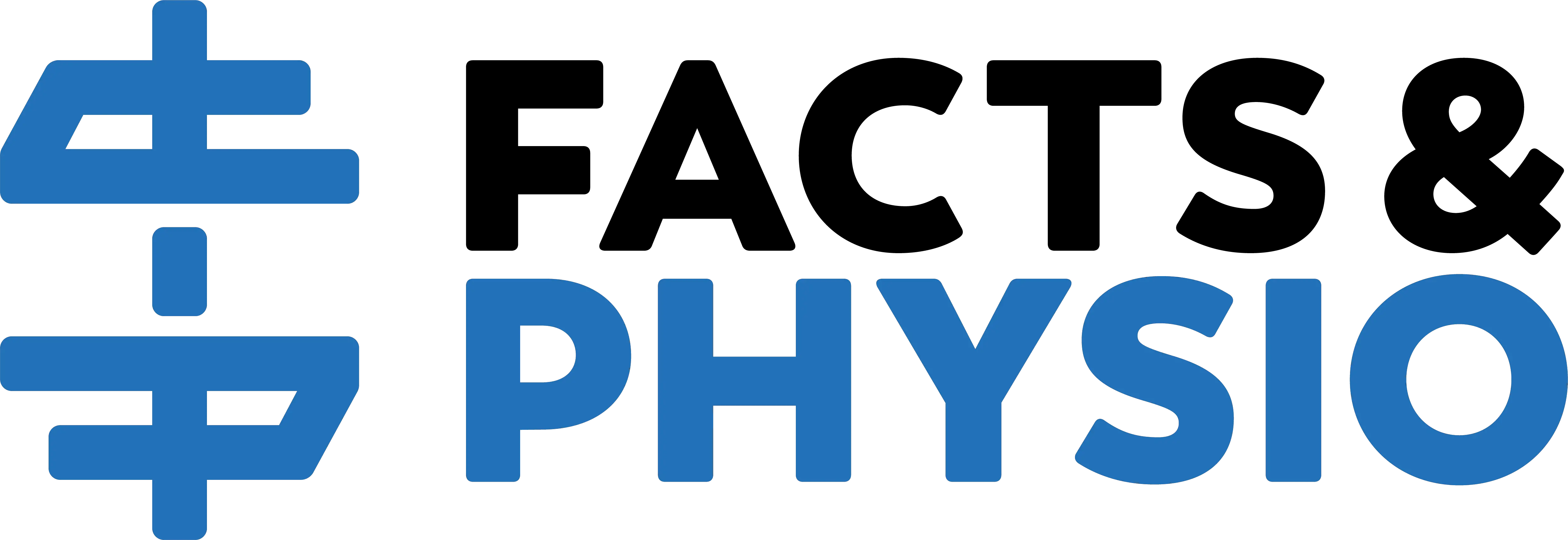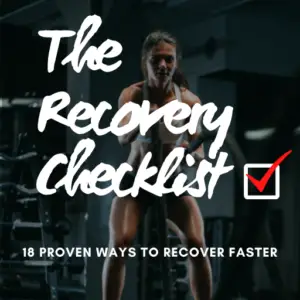“What supplements do you take, bro?”
As an experienced powerlifter, I get this question a lot. Athletes, fitness enthusiasts, and active adults are always looking to get an edge. To get bigger, faster, stronger.
Naturally, many people turn to supplements for an extra performance boost. Supplements promise the “quick fix,” but it’s hard to know which ones really work.
Finding safe and effective supplements is difficult, for a couple reasons.
Many products don’t contain proven ingredients. A lot of supplements contain ingredients that aren’t backed by high-quality research.
Supplements in the U.S. are far less regulated than drugs, so manufacturers can make bold claims about their products – with the disclaimer that “these statements have not been evaluated by the FDA.”

And selling supplements is frighteningly easy. It requires no license, no product testing, and no scientific expertise.
Therefore, it’s wise to use science-backed supplements from reputable companies.
These 3 supplements stand up under scientific scrutiny:
1) Caffeine
Aren’t you glad this one made the list? About 85% of Americans consume caffeine every day. It’s widely popular and well-researched. Caffeine provides a host of health and performance benefits.

Caffeine can assist with weight loss. It does this two ways. First, caffeine increases metabolism, making the body use more energy (Acheson 1980).
Second, caffeine is an appetite suppressant. Taking caffeine shortly before a meal can reduce calorie intake (Schubert 2017).
By affecting calorie balance in these two ways, caffeine represents a powerful weight loss tool when used correctly. It’s not a miraculous weight loss fix all by itself. But it can play a key role in an evidenced-based weight loss approach.
Of course, gulping down caffeinated beverages loaded with sugar and fat will immediately counteract any weight loss benefits from caffeine.
Caffeine also enhances athletic performance. Caffeine improves endurance, boosts energy, and blunts pain. Decades of robust research document these benefits (Mielgo-Ayuso 2019).

But there’s a dark side to caffeine, and I don’t mean the dark roast coffee. It can be addictive and caffeine withdrawal symptoms are miserable – think headaches, fatigue and irritability.
In addition, excessive caffeine use may increase the risk of heart problems for genetically susceptible individuals (Higgins 2014). Finally, caffeine intake close to bedtime hinders sleep quality.
Caffeine has its pros and cons. And most Americans find the benefits outweigh the risks.

Coffee is a great source of caffeine that’s integral to many people’s morning routines. And getting through the post-lunch energy slump.
I’m not a coffee drinker. Instead, I use REDCON1 Total War to energize my mornings and fuel my training.
2) Creatine
The creatine science shocked me when I studied it…especially after college professors told me it didn’t work. (Spoiler alert: they were wrong.)
Creatine is vastly underrated. It has tons of benefits (Krieder 2017)
In a nutshell, here’s how creatine works: The body’s creatine phosphate energy system uses creatine to power short bursts of muscular activity (1-10 seconds). Supplementing with creatine increases the energy this system can produce.

Practically, creatine helps you train harder and get stronger, faster. Plus, it reduces injury risk and even accelerates recovery from injury!
With evidence-based usage, creatine is quite safe. Fears that creatine causes balding or kidney damage are not scientifically founded. The most common side effect is weight gain, likely due to bloating and water retention.
Creatine Monohydrate is the most popular, cost-effective creatine supplement. I add a scoop of this creatine to my post-workout protein shakes.
Speaking of protein shakes…
3) Whey Protein
Whey protein is a fast-digesting protein derived from milk. (Beware if you are lactose-intolerant.)
It digests rapidly, making it ideal for intra or post-workout consumption (Schoenfeld 2018). Whey protein is a complete protein, containing all 9 essential amino acids. (Plant proteins typically don’t contain all 9 essential AAs.)

It’s a key supplement to rebuild your muscles after a hard training session. Plus, whey supplements make it easy to get enough protein in your diet. It’s no wonder fitness enthusiasts everywhere drink whey protein shakes after their training sessions.
Almost every grocery store and supplement shop carries whey protein. Just make sure to get your delicious, high-quality whey protein from a reputable source.
Bonus: Multivitamins
Some experts recommend a multivitamin as an “insurance policy” against nutrient deficiencies. (Personally, I like the chewy vitamin gummies because they taste amazing!)

However, a multivitamin doesn’t cover a multitude of dietary sins. Eating a healthy, balanced diet is more important than a complex vitamin supplementation regimen.
Pay particular attention to your nutrient intake if you have dietary restrictions (gluten-free, dairy-free, vegan etc.). These diets can make nutrient deficiencies more likely in the absence of proper supplementation.
An Important Note
As the name suggests, supplements are supplemental. They can give you an edge, maybe a 5-10% boost. But the perfect supplement stack won’t offset a poor diet, irregular sleep, and a sedentary lifestyle.
Please consult with your physician, pharmacist and/or nutritionist before taking any new supplements. They can consider your diet, health history and current medications when recommending the vitamins and supplements to you.
Readers: Do you take supplements? Why or why not? What is your favorite supplement? Share your thoughts in the comments.
For more evidence-based health tips you won’t find anywhere else, join the free, fast-growing Facts & Physio Newsletter. Plus, get The Recovery Checklist when you sign up.

